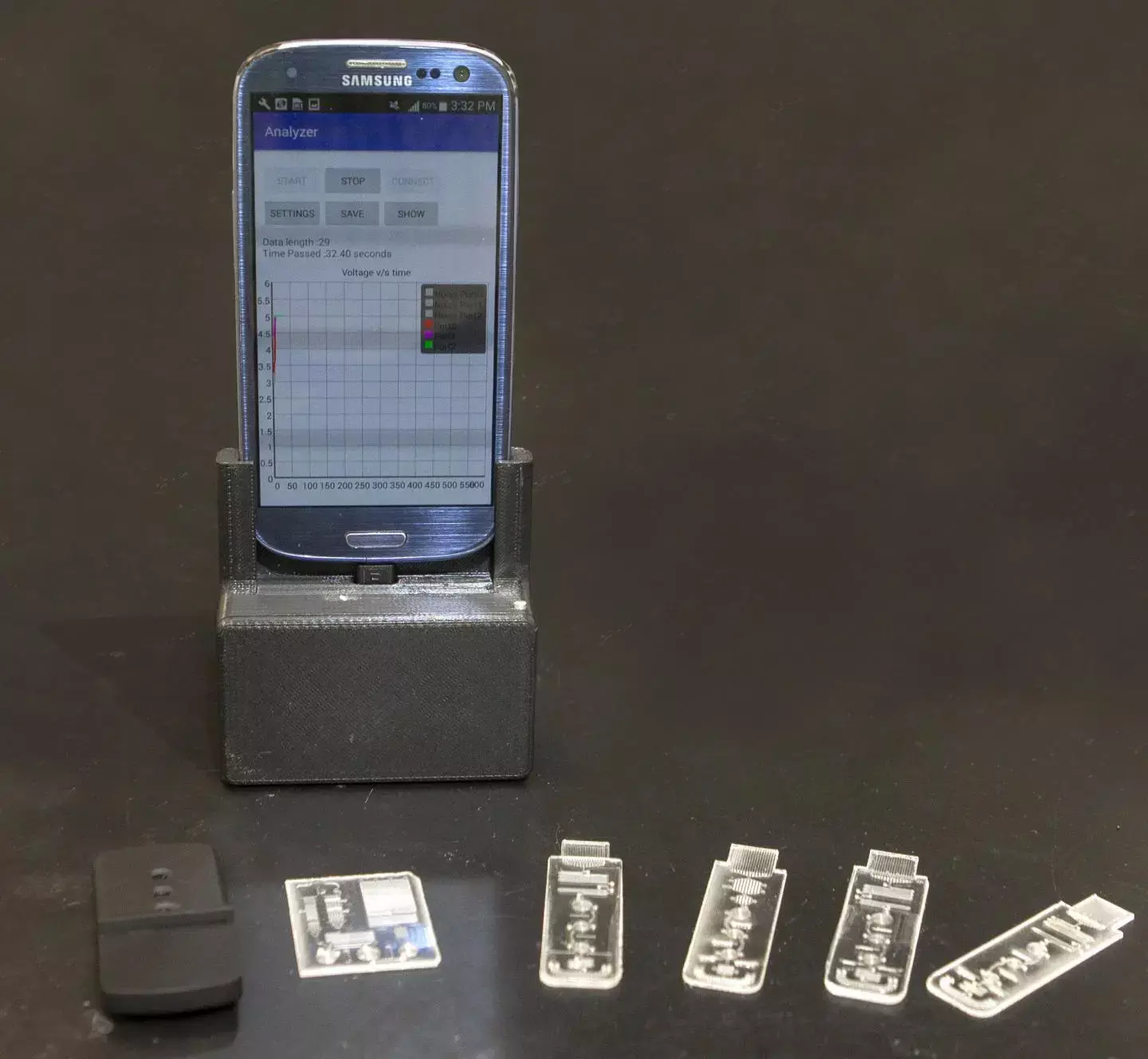- Home
- Medical news & Guidelines
- Anesthesiology
- Cardiology and CTVS
- Critical Care
- Dentistry
- Dermatology
- Diabetes and Endocrinology
- ENT
- Gastroenterology
- Medicine
- Nephrology
- Neurology
- Obstretics-Gynaecology
- Oncology
- Ophthalmology
- Orthopaedics
- Pediatrics-Neonatology
- Psychiatry
- Pulmonology
- Radiology
- Surgery
- Urology
- Laboratory Medicine
- Diet
- Nursing
- Paramedical
- Physiotherapy
- Health news
- Fact Check
- Bone Health Fact Check
- Brain Health Fact Check
- Cancer Related Fact Check
- Child Care Fact Check
- Dental and oral health fact check
- Diabetes and metabolic health fact check
- Diet and Nutrition Fact Check
- Eye and ENT Care Fact Check
- Fitness fact check
- Gut health fact check
- Heart health fact check
- Kidney health fact check
- Medical education fact check
- Men's health fact check
- Respiratory fact check
- Skin and hair care fact check
- Vaccine and Immunization fact check
- Women's health fact check
- AYUSH
- State News
- Andaman and Nicobar Islands
- Andhra Pradesh
- Arunachal Pradesh
- Assam
- Bihar
- Chandigarh
- Chattisgarh
- Dadra and Nagar Haveli
- Daman and Diu
- Delhi
- Goa
- Gujarat
- Haryana
- Himachal Pradesh
- Jammu & Kashmir
- Jharkhand
- Karnataka
- Kerala
- Ladakh
- Lakshadweep
- Madhya Pradesh
- Maharashtra
- Manipur
- Meghalaya
- Mizoram
- Nagaland
- Odisha
- Puducherry
- Punjab
- Rajasthan
- Sikkim
- Tamil Nadu
- Telangana
- Tripura
- Uttar Pradesh
- Uttrakhand
- West Bengal
- Medical Education
- Industry
Tiny portable lab in phone may diagnose coronavirus infection

The novel coronavirus recently originated in China has grabbed headlines and caused concern among public health officials around the world.
A new device that may help diagnose infectious diseases including coronavirus may bring solace to some.
Engineers with the University of Cincinnati have created a tiny portable lab that plugs into your phone, connecting it automatically to a doctor's office through a custom app UC developed.
The lab the size of a credit card can diagnose infectious diseases such as coronavirus, malaria, HIV or Lyme disease or countless other health conditions like depression and anxiety.
The novel coronavirus that recently originated in China has grabbed headlines and caused concern among public health officials around the world.
The patient simply puts a single-use plastic lab chip into his or her mouth then plugs that into a slot in the box to test the saliva.
The device automatically transmits results to the patient's doctor through a custom app UC created for nearly instant results.
UC professor Chong Ahn and his research team used the smartphone device to test for malaria. But the device could be used for smart point of care testing for countless chronic or infectious diseases or to measure hormones related to stress.
"Right now it takes several hours or even days to diagnose in a lab, even when people are showing symptoms. The disease can spread," Ahn said.
The study was published in the Nature journal Microsystems & Nanoengineering.
His research team created a novel lab chip that uses natural capillary action, the tendency for a liquid to adhere to a surface, to draw a sample down two channels called a "microchannel capillary flow assay." One channel mixes the sample with freeze-dried detection antibodies. The other contains a freeze-dried luminescent material to read the results when the split samples combine again on three sensors.
Ahn said the device is accurate, simple to use and inexpensive.
"The performance is comparable to laboratory tests. The cost is cheaper. And it's user-friendly," Ahn said. "We wanted to make it simple so anyone could use it without training or support."
UC doctoral student Sthitodhi Ghosh, the study's lead author, said the biggest advancement in the device is in the novel design of its tiny channels that naturally draw the sample through the sensor arrays using capillary flow. Ahn is Ghosh's Ph.D. advisor.
"The entire test takes place on the chip automatically. You don't have to do anything. This is the future of personal healthcare," Ghosh said.
While the device has applications for diagnosing or monitoring viruses or other diseases, Ahn said he sees potential in the field of mental health, where doctors already utilize smartphones to help track the wellness of patients.
For further reference log on to:
Dr Kamal Kant Kohli-MBBS, DTCD- a chest specialist with more than 30 years of practice and a flair for writing clinical articles, Dr Kamal Kant Kohli joined Medical Dialogues as a Chief Editor of Medical News. Besides writing articles, as an editor, he proofreads and verifies all the medical content published on Medical Dialogues including those coming from journals, studies,medical conferences,guidelines etc. Email: drkohli@medicaldialogues.in. Contact no. 011-43720751


